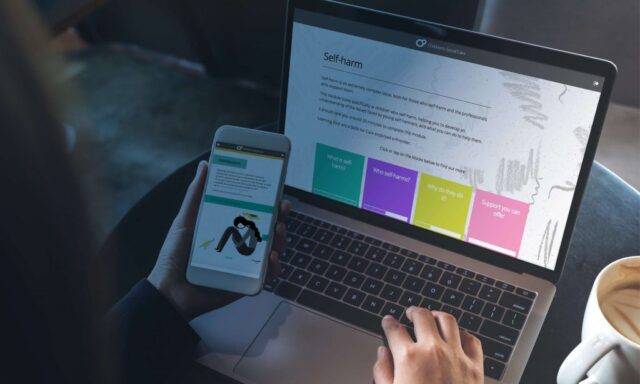
The complexity of the modern workplace and why skills matter
August 9, 2023
Having the ability to solve complex problems is a central skill in our ever-changing world of work. This is already the case today and isn’t likely to change in the coming years. This skill is decisive for the success or failure of a company. In this blog, we look at why skills matter and in doing so this important question arises: What can L&D and talent management professionals do to help companies and employees learn to solve complex problems?
Modern workplaces bring with it a whole range of complex challenges. HR and talent management has to bridge the gap between corporate strategy, requirements, systems and employees. One challenge is ensuring you have employees on board who not only master the status quo but are also equipped for future challenges.
Having the right skills will determine the importance and position of a company in the future. However, remote working and role specialization make it difficult for HR to get an exact overview of an employee’s skillset. At the same time, modern job profiles require individual training that advances the performance of the individual, their team and the company.
Intelligent career planning promotes the ability to solve complex problems, strengthens loyalty and increases job satisfaction.
The complexity of the modern workplace
Complexity has increased. Decision-making processes have to be faster, supply chains are becoming more complex, and companies now have to work with a multitude of partners to get to where they need to be. At the same time, customers have greater needs and higher demands for frictionless-ordering. As a response, a multitude of digital systems must be implemented, mastered and further developed.
But the days when L&D departments took requests for training and offered one-fits-all training are history.
Gone are the days when formal education was the only training required for a job. Today, and in the future, most learning will take place within organizations and their surrounding ecosystems. Lifelong learning is no longer an option, but a “must”.
In order to promote the solution of complex problems with continuing education, it takes more than a general understanding of where the journey is going. A strategy for the future can only be successful if the skills to solve complex challenges are present in the company.
How can L&D and talent management ensure workforce readiness?
When planning for strategy, professionals must ask themselves the following questions:
- Which tasks are becoming critical for future success?
- What new skills are needed to complete those tasks and as such future-proof the organization?
- Which existing tasks are no longer needed or will be fully automated?
- Who can do those tasks in the future?
- How can the company support the workforce in adapting and acquiring required skills in an efficient manner?
What steps are needed to future-proof your workforce?
Future-proofing your workforce involves preparing your organization and employees to adapt and thrive in the face of evolving technologies, industries, and economic conditions.
- Record the skills available across your workforce.
- Match individual skill profiles with future jobs and tasks.
- Identify skill gaps of individuals and teams.
- Define for each individual the skills to be developed based on detected skill gaps.
- Provide development opportunities for employees to grow and close skill gaps.
How can a skills platform help solve the answers to these questions?
With Skills Builder from Learning Pool, L&D professionals and talent managers get an overview of which skills are available in the company and which are missing. The platform provides individual learning recommendations to employees so that they anticipate skills needed in the future and start acquiring those skills now in a fast and most efficient manner.
Prepare your workforce for what the future may bring. Find out more.
Related reading

Customer Story
AXA
How one visionary company is transforming its people with the power of a skills development platform.
Read more

Skills Builder
Create and maintain skills profiles for your workforce A skills-first approach to training allows companies to efficiently close the gap…
Read more

Use Cases – Upskilling
Develop and retain your people with data-driven upskilling For companies to develop the rising stars in their organization, they need…
Read more
Got a learning problem to solve?
Get in touch to discover how we can help

